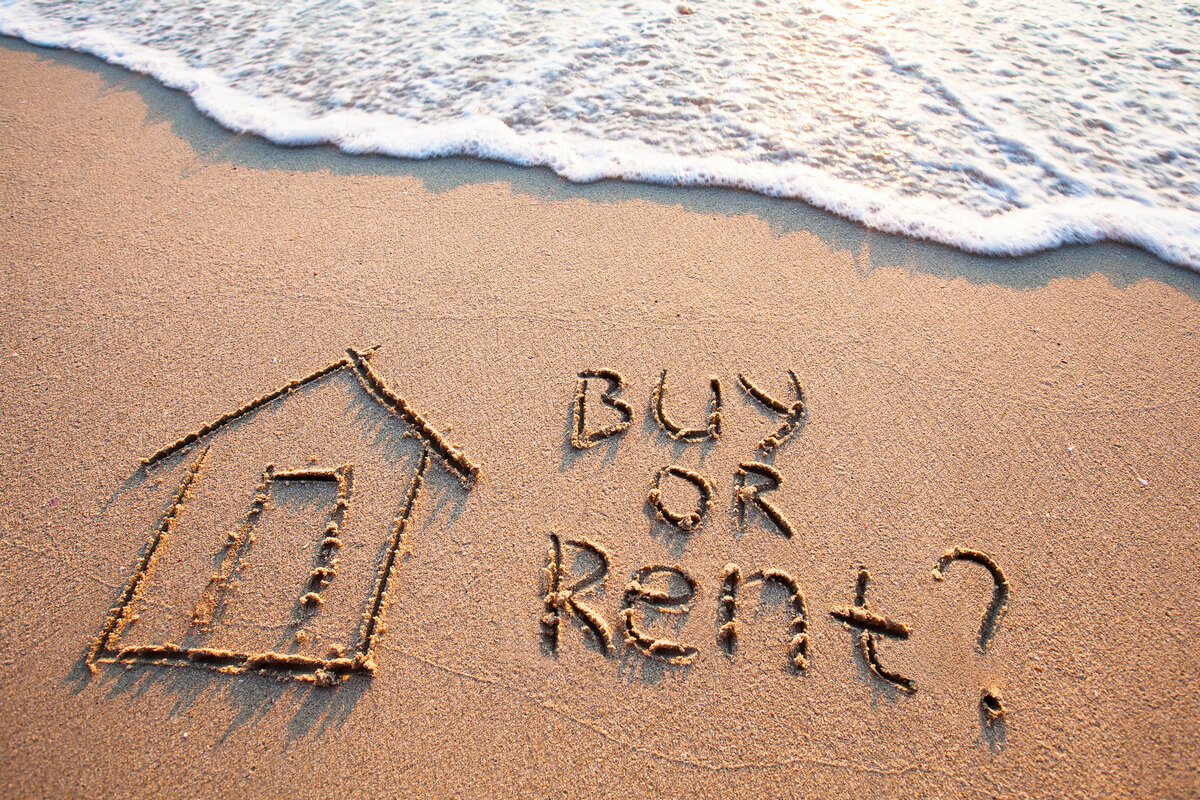With the rapidly rising housing costs in the last few years, many people have felt stuck on the decision to own or rent their home. Average property prices have skyrocketed, but rental rates are rising at equally fast rates. Your monthly housing payment is probably your biggest expense, so it’s important that you choose your living situation wisely. Both owning and renting have their benefits and drawbacks, especially now that prices are so inflated. Carefully considering the pros and cons of both options will ensure that you make the best decision for your household.
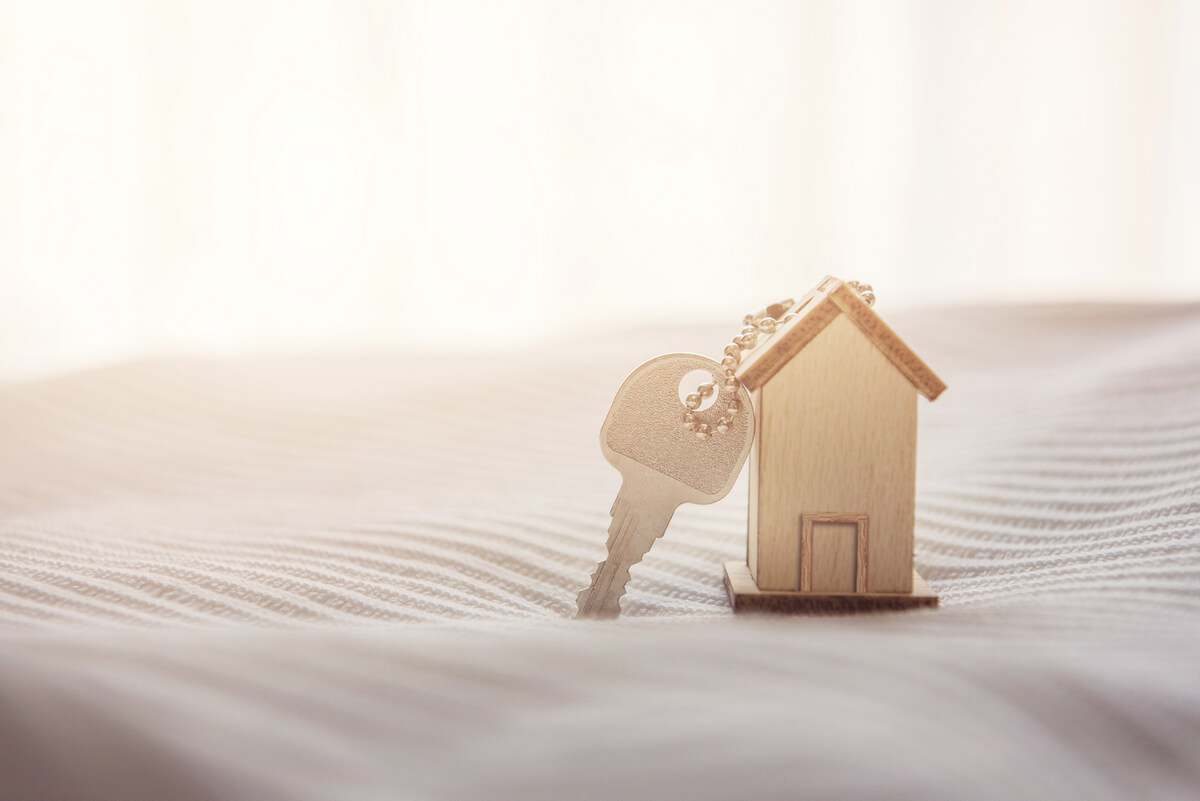
Pros of Owning a Home
Buying a home is usually a great move for your long-term financial well-being. There are plenty of benefits to entering the real estate market and building wealth through homeownership. Here are the key advantages to owning your home:
Building Equity – As a renter, the money you spend on housing goes entirely to another person or company. You spend that money in exchange for a stable place to live, but you’ll never see those funds again. As a homeowner, though, your mortgage payments allow you to build equity in your home. Every dollar that goes toward the principle of your mortgage becomes a part of your net worth. If you ever sell your home, you can use the equity you’ve built toward a larger down payment on your next house or toward other expenses.
Stable Payments – Rising rental payments have been a major concern in the last few years. Many renters see their housing costs rise year after year, and some even have to move because their home becomes too expensive. With the exception of property taxes and insurance, a mortgage payment with a fixed interest rate stays the same for the lifespan of the loan. You can trust that your monthly payment now will be your monthly payment in 10 years. This stability saves you a great deal of money and gives you peace of mind.
Security – Owning a home provides a sense of security that you may not have as a renter. As long as you don’t foreclose, only you decide when to leave your home. You don’t have to worry about a landlord raising your rent or selling the house. You’re fully in control of your living situation, which can be especially comforting if you have a family.
Freedom and Flexibility – When you own your home, you have full freedom and flexibility with the property. You can renovate, paint the walls, invest in new appliances, and make any other upgrades or improvements you want. You can transform your house into your ideal home, which is a luxury that’s not available to most renters.
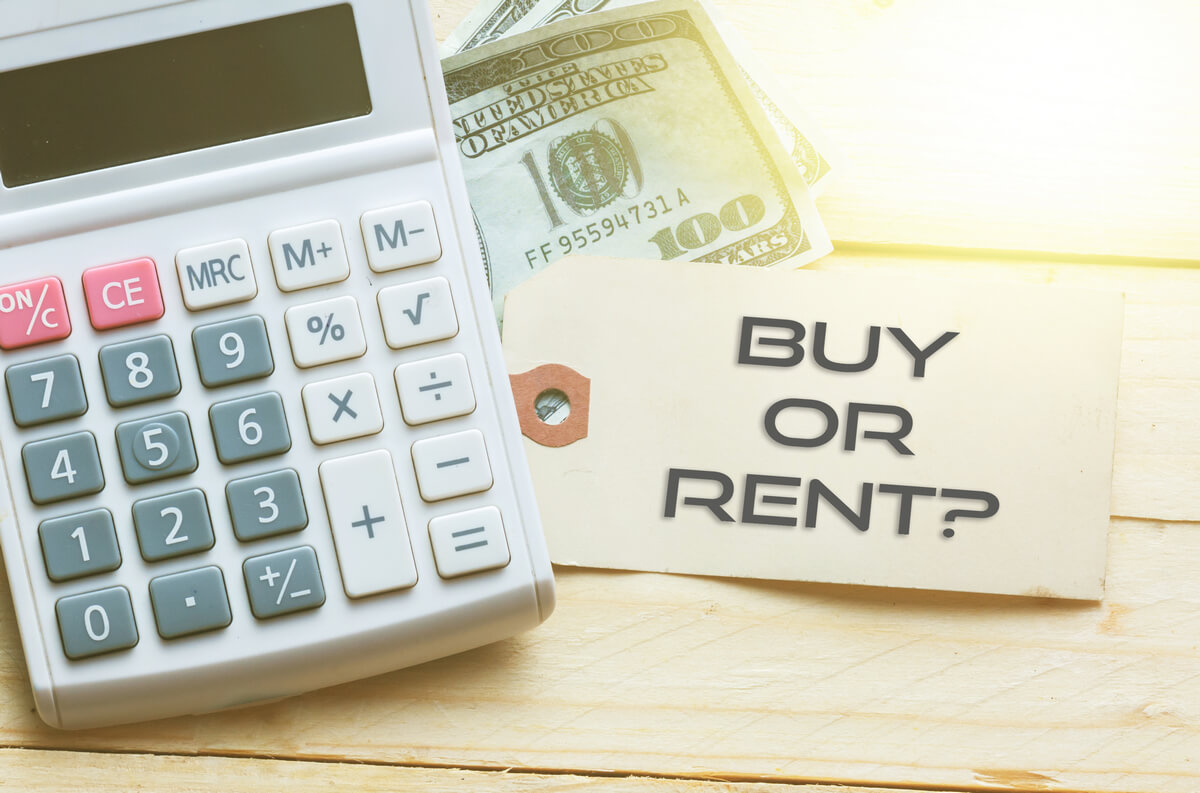
Cons of Owning a Home
While there are many benefits to owning your home, there are also some downsides. Here are the cons of homeownership that you should seriously consider before you purchase a house:
Maintenance Costs – As a renter, you don’t typically have to worry about maintenance expenses. When something breaks, your landlord should take responsibility. As a homeowner, though, all maintenance issues are yours to take care of. Not only can this be a financial strain, but it also can be mentally and emotionally stressful. You have to keep up with preventative maintenance, too, which can be overwhelming for new homeowners.
Difficulty Moving – Buying a home is a massive commitment. The general recommendation is not to sell your home within the first five years of purchasing it. Unless you’re completely certain that you’re ready to settle down in the area, homeownership may not be the right choice. It’s far easier to move as a renter than to sell your home and purchase a new one.
Financial Risk – Homes usually rise in value over time, but this isn’t always the case. The real estate market always fluctuates, so there’s a chance that your home’s value will decrease after you purchase it. This situation will turn your purchase into a bad long-term investment, and it can create serious problems if you want to sell it in the near future. If you’re underwater on your mortgage, you might be stuck in the home until the market changes.
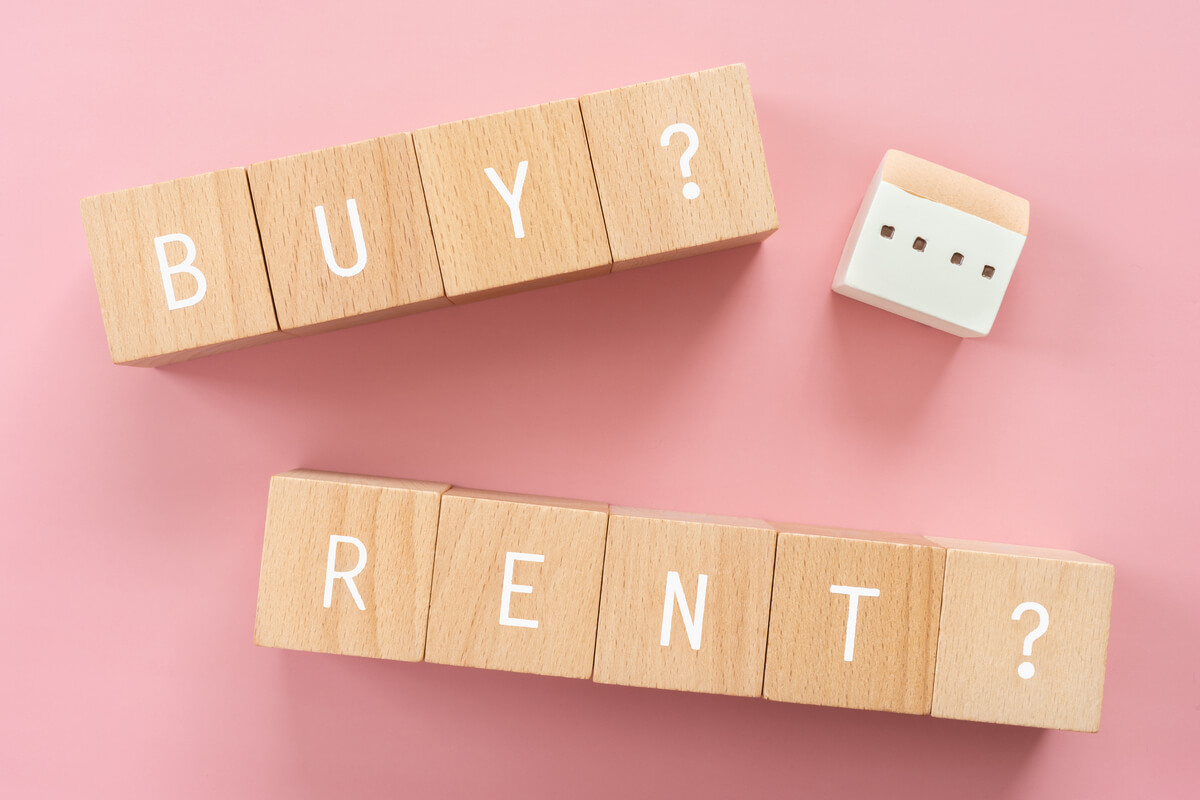
Pros of Renting a Home
Like buying a home, renting has several pros and cons as well. Here are the benefits of being a renter:
Sometimes Cheaper – The monthly payment when renting isn’t always cheaper than a monthly mortgage payment. However, because housing prices have increased so dramatically in the last couple of years, you may find that rental costs in your area are lower. You also don’t have to pay for maintenance costs as a renter.
Fewer Responsibilities – One of the greatest advantages to renting is that you don’t have to take on all the responsibilities of homeownership. When you run into a maintenance issue, you can contact your landlord. This makes your life significantly easier, especially if you’re newly living on your own or aren’t particularly handy. Maintenance emergencies can still be stressful and inconvenient for renters, but you don’t have to worry about the financial or logistical burden of fixing the problem.
Easy to Move – Renters usually find it easier to pack up and move than homeowners. If you sign a year lease, you’re locked into staying for that year. However, if you decide to move when your lease ends, all you have to do is notify your landlord and look for new rentals. Selling a house is far more complicated and labor-intensive. For people who move around frequently, renting is an ideal option.
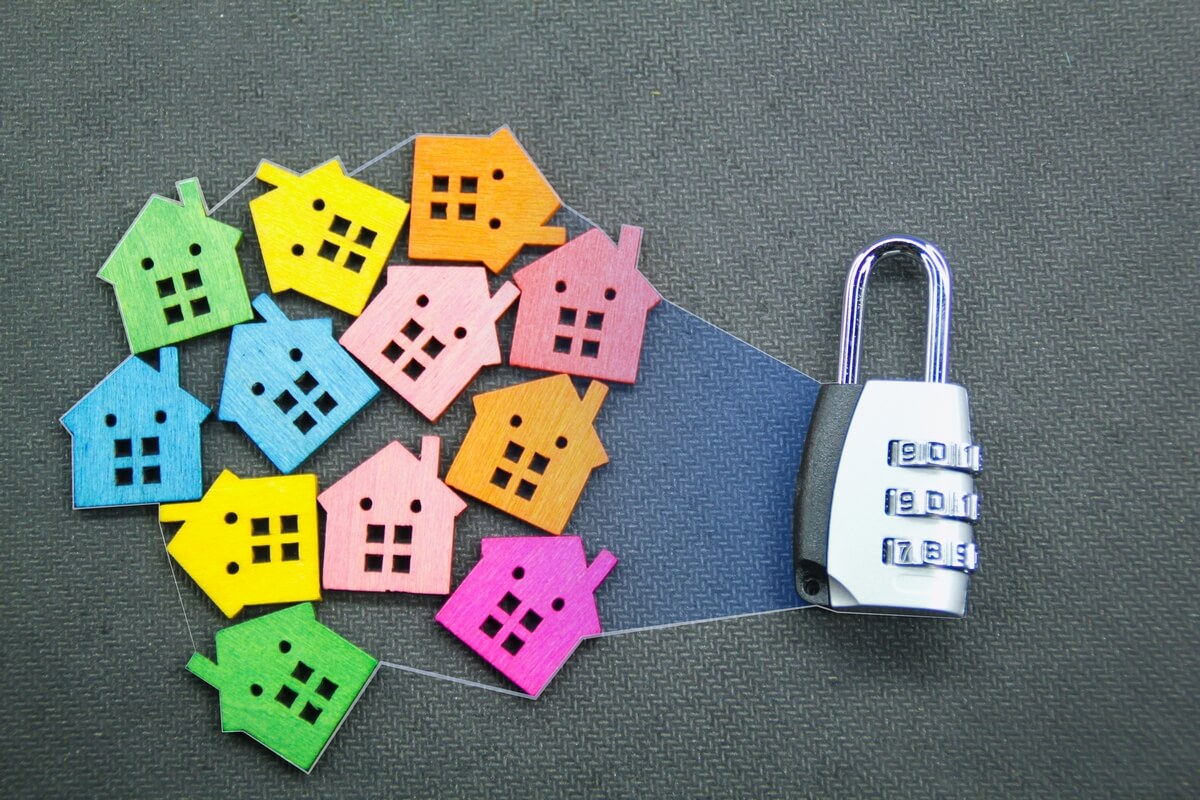
Cons of Renting a Home
In many ways, renting is a simpler option than owning a home. Being a renter comes with its downsides, though. The following are the disadvantages of renting:
Rising Payments – Unless you live in a rent-controlled unit, you might see your monthly payment rise year after year. Rental costs have been increasing especially quickly lately, and many renters are being priced out of their homes. Your rental payment is outside of your control, and it can be frightening for your living situation to be in the hands of someone else.
Limited Flexibility – Some landlords offer more flexibility than others with modifying the home. For instance, your landlord may allow you to paint the walls or install some basic fixtures. Renters don’t have nearly as much freedom as homeowners, though. Because you don’t own the house, you always have to be careful and mindful of the property.
Difficult to Build Wealth – Building wealth as a renter is extremely difficult because you don’t build any equity in the home. You don’t get a long-term return on investment from your housing payments. It’s often a better short-term decision to rent than to purchase a house, especially if you’re young. Over time, though, homeowners have a much greater potential for building wealth.
Deciding between renting and owning is never easy. Both are major financial commitments, and both have their risks. Renting is typically a better choice for people who aren’t ready for the financial and practical responsibilities of homeownership. Buying a home provides a number of long-term benefits that you may not find as a renter. You have to consider your own financial situation and consult with trusted experts to decide which option is better for you.

